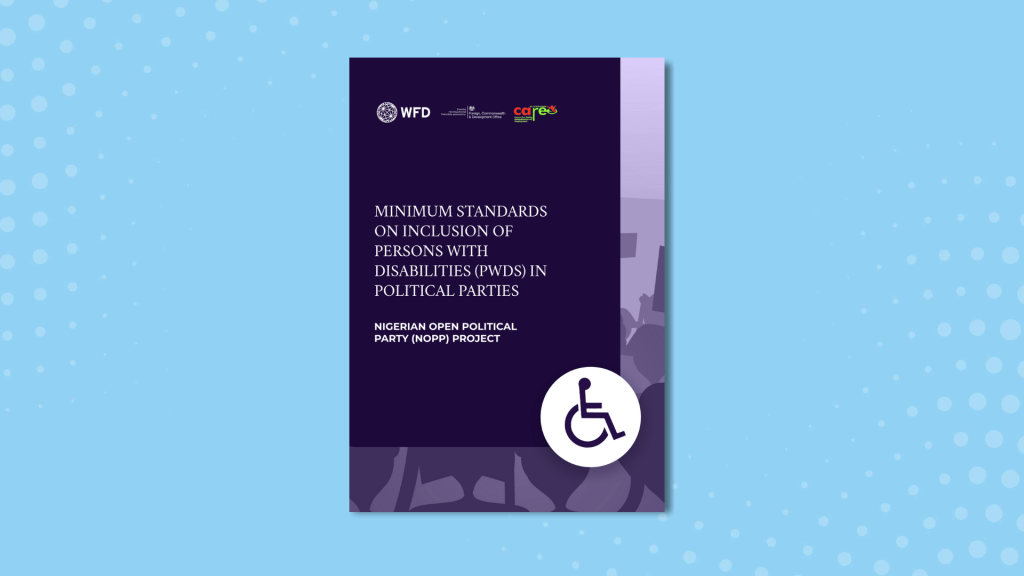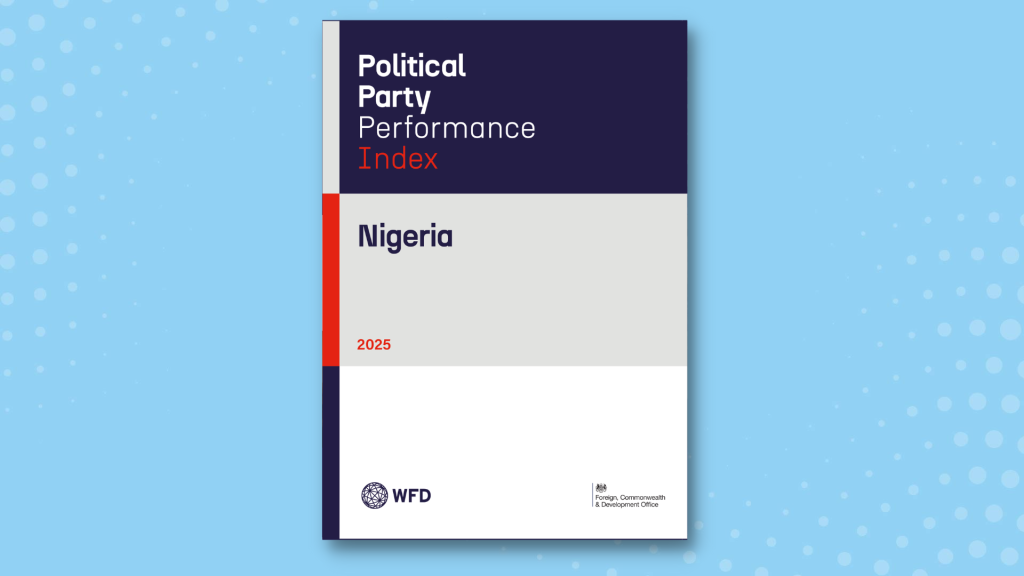Democracy success stories: Episode 2 (Nigeria)
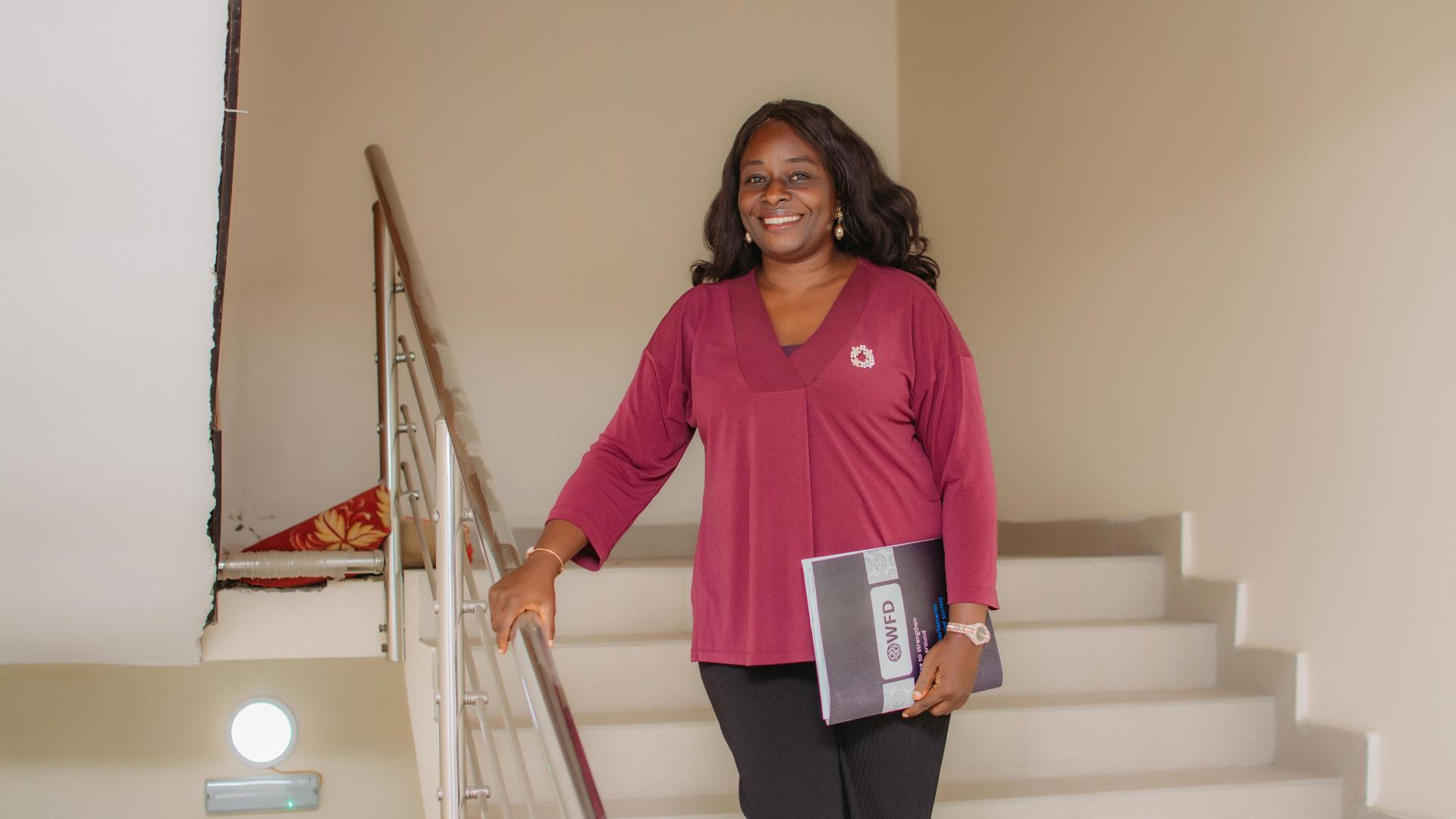
Under our Commonwealth Equality Project and Global Equality Project programmes, WFD supported the passage and strengthening of the Violence Against Persons Prohibition Act in 12 States across Nigeria's 6 geopolitical zones – which improved protections for women, girls, and people with disabilities. WFD researched its implementation nationally by conducting an impact assessment of the Act and related laws.
Armed with information, legislators, activists, and government agencies made improvements to ensure the law was working as it should in Oyo, Osun, and Ondo States.
More people have reported violence and responders have been able to better support victims.
Discover the story
Hear from our partners in Nigeria about how stronger democratic processes are helping to end violence against women and girls in this episode of our democracy success stories series.
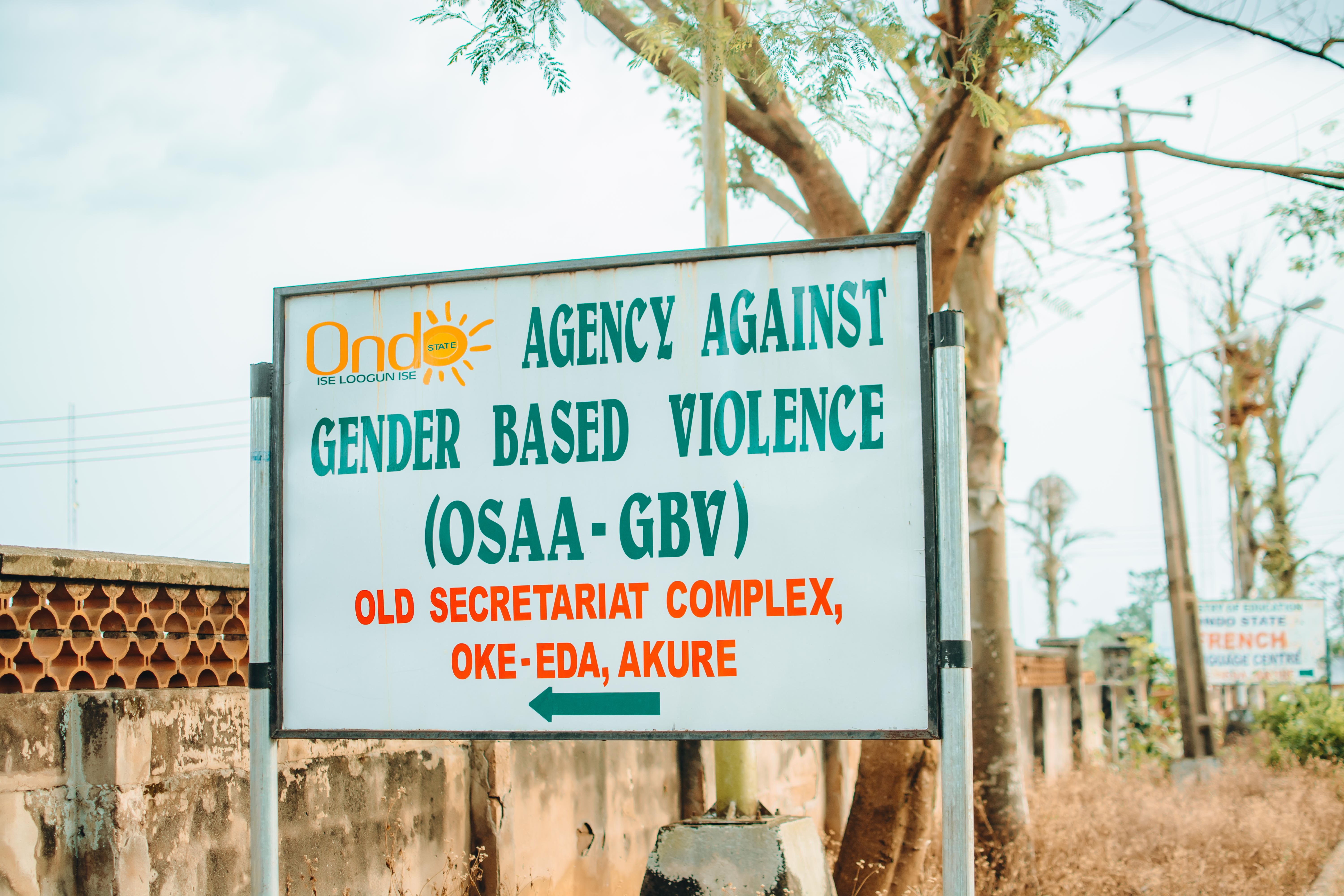
The problem
Like elsewhere, Nigeria witnessed a surge in gender-based violence when the COVID-19 pandemic hit. Moreover, existing laws and policies discriminated against women and girls, and people with disabilities, so they were not adequately protected from violence.
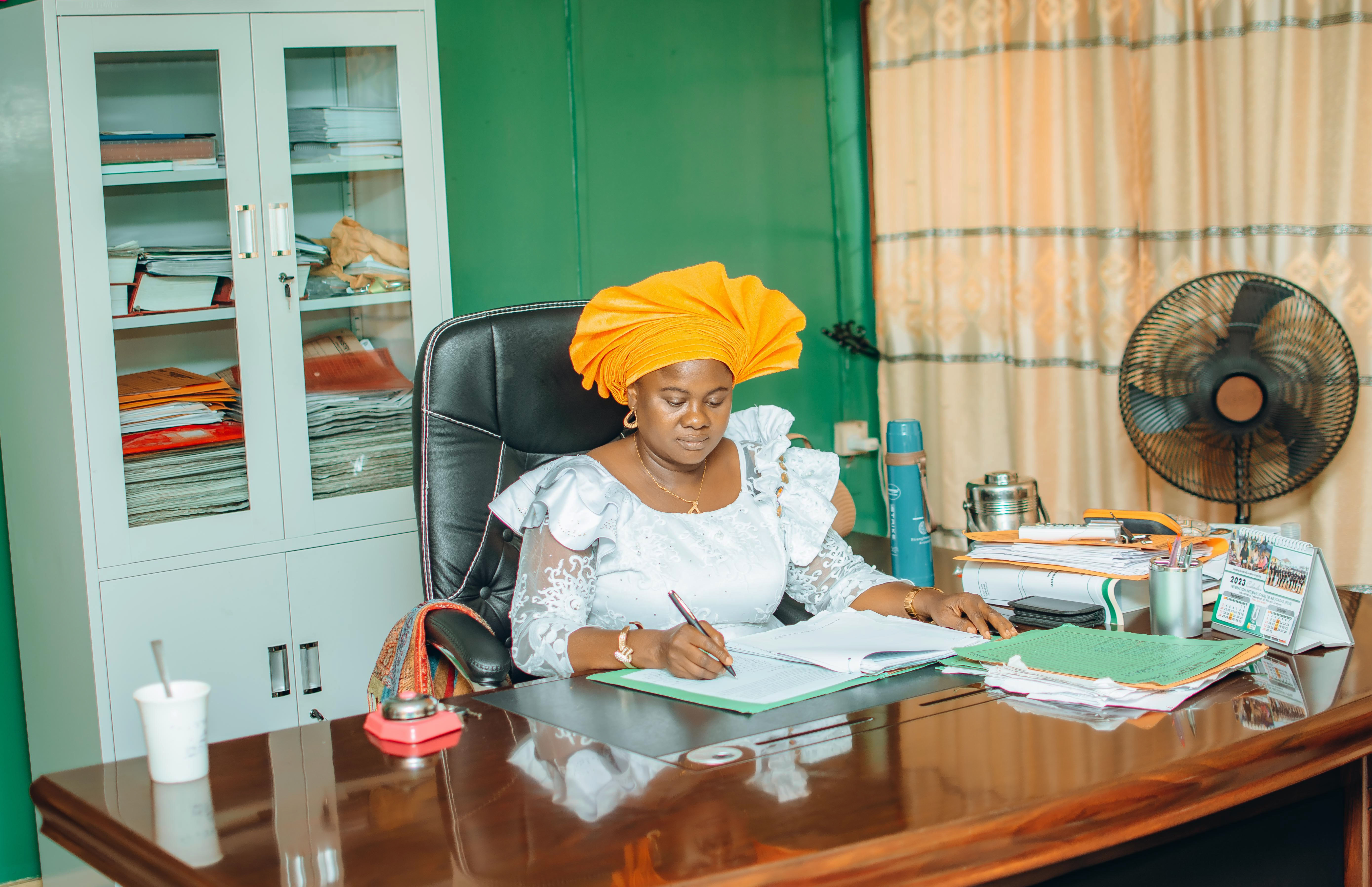
The intervention
In 2020, decision-makers, community leaders and civil society organisations worked together to pass a law to protect people from violence in Oyo State in Nigeria. Through our FCDO-funded Commonwealth Equality Project and Global Equality Project programmes, WFD supported the passage of the law in these states. After the law was passed, WFD helped to research the implementation of the new act nationally. Armed with information, legislators, activists, and government agencies made improvements to ensure the law was working as it should in Oyo and Ondo. In other states, Governors’ wives worked with WFD to ensure that the law was passed.
With the law firmly in place, people needed to understand their rights in order to utilise its power. WFD helped amplify the law through an inclusive awareness-raising campaign, which included the publication of Braille versions of important documents to make sure no one was left out, and through support to Magistrates and prosecutors who built their understanding of the law.
Image: Barrister Bolanle Afolabi, Executive Secretary, Ondo State Agency Against Gender Based Violence - OSAA-GBV
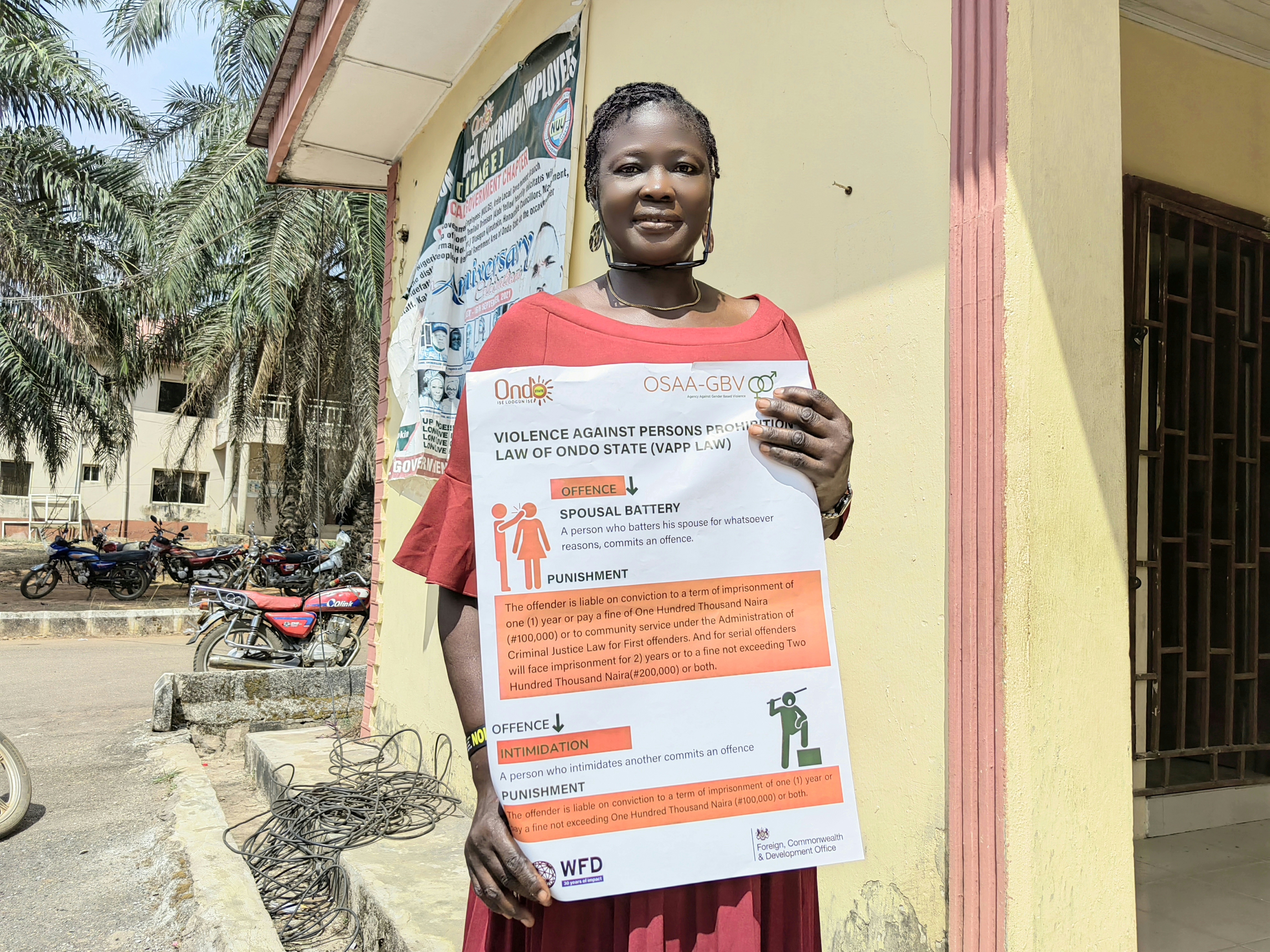
The impact
People spoke up and calls to helplines from women experiencing violence increased. Responders were able to put measures in place to support the callers and help them get justice. And, civil society organisations (CSOs) and women community leaders now have platforms to engage with political decision-makers. This means that the needs of women are better considered when policies and laws are developed or changed.
Image: Secretary of the Women's Group, Akoko-South-west, holding an awareness raising poster.
Democracy success stories
This episode is part of our democracy success stories, a series of videos produced under our #DemocracyCan campaign that illustrate how democracy can solve the problems that matter to people and address global challenges.
